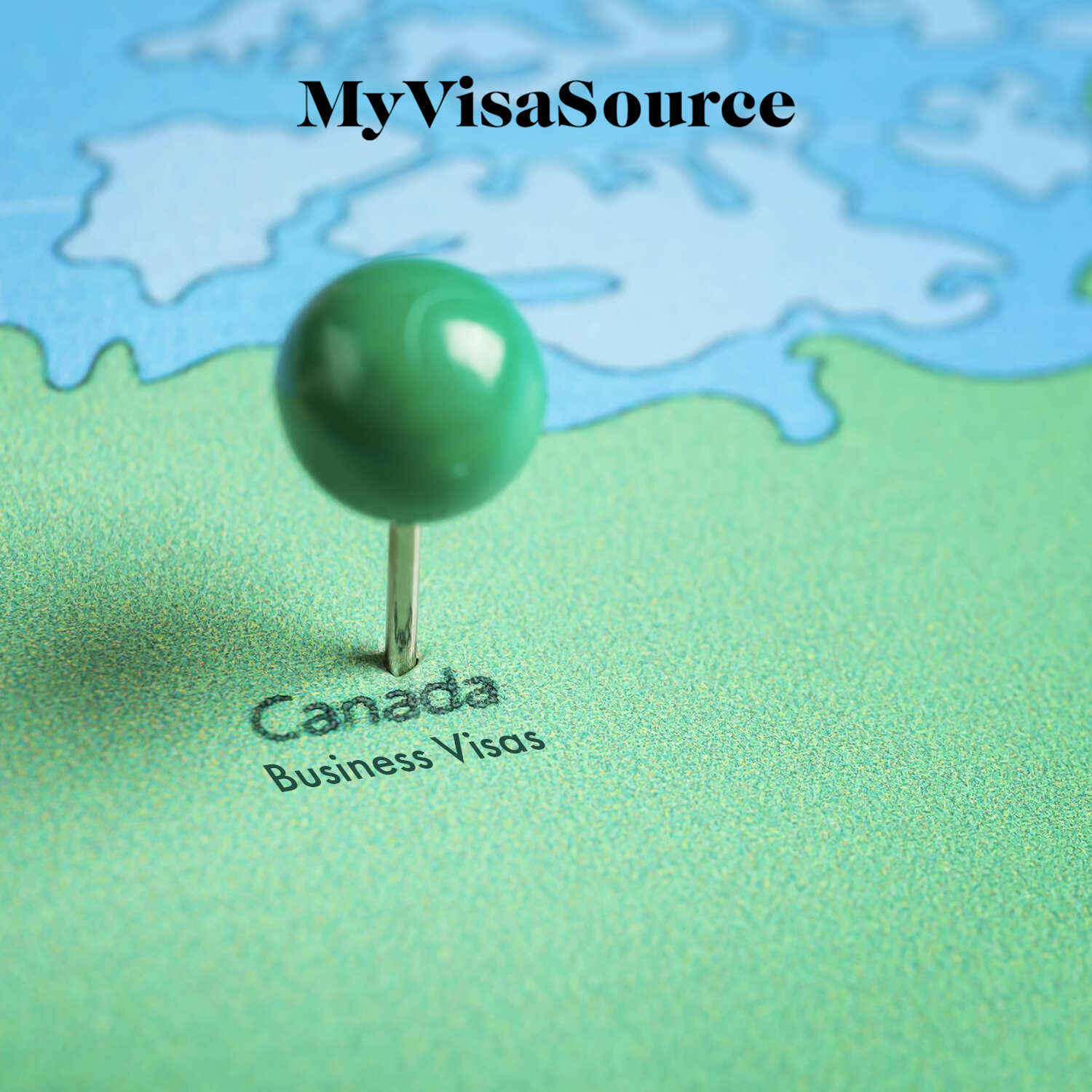Canada has a host of business immigration options to encourage international entrepreneurs and investors to establish or acquire a business in Canada as a way for long-term residency. These programs are available for individuals and businesses who want to expand their operations in Canada.
What Are the Different Types of Long-Term Work and Business Visas?
Let’s start with the basics. Business Visas not only benefit foreign entrepreneurs. They also allow companies to transfer skilled staff from abroad. There are various work permit and business permit categories that allow companies to transfer their skilled staff to Canada. Here are some:
Temporary Foreign Worker Program (TFWP):
The Temporary Foreign Worker (TFW) Program allows Canadian employers to hire temporary foreign workers by acquiring a positive Labour Market Impact Assessment (LMIA). This is a way for Canadian employers to hire high-wage and low-wage workers. This program is mostly used to hire temporary agricultural workers, in-home caregivers, and foreign academics. Canadian employers can expedite the processing of their LMIA through the Global Talent Stream.
Global Talent Stream (GTS):
This Global Talent Stream is for innovative and technology-driven companies who want to hire highly-skilled foreign workers. This program allows Canadian companies to hire unique talent that is referred by a designated partner (Category A) or is employed in a designated technology occupation that can not be filled by a local worker (Category B).
The GTS exempts the employers from recruitment requirements to obtain an LMIA, however, they will be required to submit a Labour Market Benefits Plan to demonstrate how hiring the foreign worker will have a positive and lasting impact on the Canadian labor market.
Employers in Quebec need to obtain a Quebec Certificate of Acceptance (CAQ) in addition to an LMIA to hire temporary or permanent foreign workers. The foreign worker must be employed in a position that is listed on the Target Occupation List.
International Mobility Program (IMP):
This program is specifically for Canadian employers who won't hire foreign workers in LMIA-exempt categories. There are certain cases where an employer will not be required to obtain an LMIA to hire a foreign worker. These exemptions are due to various trade agreements and unique work situations. To hire a foreign worker, the employer must submit an offer of employment through the Employment Portal listing all the terms of employment including wages, occupation and work conditions.
What Are the Common LMIA-Exempt Work Permits Used by Corporates to Transfer Employees?
Intra-Company Transfer:
The Intra-Company Transfer helps a foreign business with a parent company, branch, subsidiary or affiliate to transfer their skilled workers to Canada. It is a Labour Market Impact Assessment (LMIA) exempt work permit. The foreign worker must be employed in either a senior management position or a specialized knowledge worker position.
Certain requirements must be met by both companies and key staff to qualify for this visa. The wages must be relevant to the prevailing wage rate set by the Employment, Workforce Development and Labour for intended specialized position and the geographic location.
However, this requirement does not apply to employees with specialized knowledge entering Canada under the Canada-United States-Mexico Agreement (CUSMA). A specialized worker must have a high degree of knowledge about the company’s products and services, operations or some other advanced expertise and the ability to apply it to international markets.
Foreign workers hired in senior management positions must be directly engaged in planning, organizing, directing or controlling the operations of the business or a division of the business.
What Are the Other Ways to Hire a Foreign Worker?
Post-Graduate Work Permit (PGWP):
International students who have completed their study programs can apply for a PGWP to gain Canadian work experience. A PGWP is an open work permit that will allow the international graduate to work for any employer in Canada. It is the best way to gain Canadian permanent residence status through the Canadian Experience Class (CEC) program.
Quebec Experience Program (PEQ):
International students and temporary foreign workers already living in Quebec can apply for permanent residency if they have an intermediate level of French language proficiency through the Quebec Experience Program. This program encourages the development of French-speaking minority communities in Canada to help Quebec retain its unique identity. Applicants are required to obtain a Quebec Certificate of Selection (CSQ) to be eligible for permanent residency in Quebec.
Significant Benefit to Canada (C10):
As a foreign worker, if you can significantly benefit the labor market of Canada based on your specifications, then you can request work authorization based on the proposed benefit. It should be noted that the benefit must be of social, cultural or economic importance. This usually applies to individuals with extensive experience, a high-track record of success or certain urgency to enter Canada. This discretion is only granted if the immigration officials are convinced that there will be a significant benefit by letting you work in Canada. There is no LMIA requirement.
Reciprocal employment: General (C20):
This is for the citizens of a country where Canadian citizens have equal employment opportunities. Entries under this are considered to have a neutral labor market impact. There are certain federal programs for reciprocal employment: International Experience Canada.
International Experience Canada (C21):
This is for the citizens of countries that have a bilateral youth mobility program with Canada. This allows young foreign nationals from specific countries to enter the Canadian workforce. To qualify for the International Co-op Internship program, foreign students require a job offer of employment or internship with a Canadian employer that is also mandatory for the completion of their study program.
International Free Trade Agreement:
As mentioned above, to qualify for this provision, the country of the applicant must have signed a free trade agreement with Canada. This will allow foreign nationals to work in Canada as a professional by meeting certain eligibility criteria. For example, CUSMA allows the transfer of foreign workers who are professionals, intra-company transfers, traders and investors.
Significant Benefit: Emergency Repair Personnel or Repair Personnel for Out of Warranty Equipment:
Oftentimes, emergency repair personnel are required to prevent disruption of production due to malfunctions in industrial or commercial equipment regardless of warranty. Applicants must meet the required skill standards for the job.



















